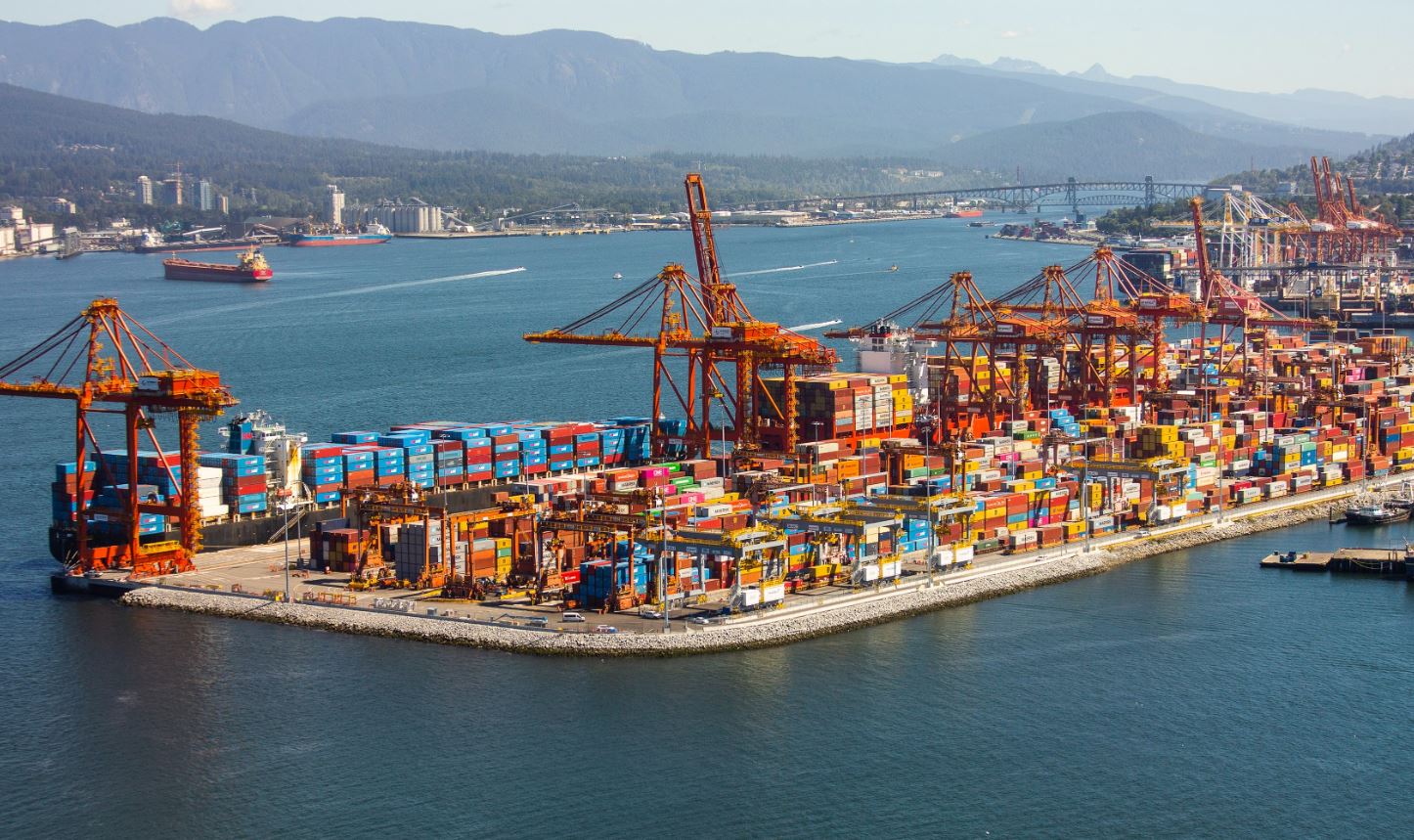
当前位置:新闻动态
Port of Vancouver's container volumes recover
来源:https://www.shippingazette.com/ 编辑:编辑部 发布:2024/10/14 09:37:33
THE Port of Vancouver reported recovering container volumes in the first half of 2024, with 1.8 million TEU handled, reflecting a 14 per cent increase year on year.
This marks a reversal from the first half of 2023, when container volumes were down 14 per cent compared to the first half of 2022 due to a cooling economy and high retail inventory levels across North American ports, reports UK'S WorldCargo News.
The port had also experienced a 7 per cent drop in volumes in the first half of 2022, attributed to lingering supply-chain disruptions from the 2021 flooding in British Columbia and capacity issues at inland terminals like Toronto, which impacted trade flows through Vancouver.
The first half of 2021 marked the highest TEU throughput on record for the Port of Vancouver, surpassing the previous peak in 2019 by 15 per cent when it handled 1.69 million TEU.
The stabilization follows several tumultuous years that included a pandemic-era surge in consumer demand and numerous supply chain disruptions, the port said.
"Imports (laden inbound) grew 19 per cent, as retailers restocked inventories early in anticipation of potential labour disputes and some volumes appeared to shift from the east coast due to disruptions to the Red Sea trade route, while exports (laden outbound) grew 4 per cent with Canadian businesses increasingly turning to containers to ship their goods to markets across the globe," the port said in a statement.
"We're pleased to see the container sector bounce back from the correction experienced in 2023, with containerized imports returning to pre-pandemic 2019 growth trends and containerized exports continuing to recover," said Peter Xotta, president and CEO of the Vancouver Fraser Port Authority.
"However, despite an incredibly strong start to the year, we did see container volumes level off in late spring due to uncertainty around Canada's supply chains following natural disasters and ongoing labour disputes."
Total cargo volumes reached 75.5 million metric tonnes (MMT), down 1 per cent due to a 15 per cent decline in domestic goods, particularly forestry products.
International trade increased 3 per cent to a record 62 MMT, led by strong performances in the container, auto, and liquid bulk sectors.
Container imports rose 19 per cent to 930,300 TEU as retailers restocked inventories, while exports increased 4 per cent to 412,100 TEU. The auto sector also saw record volumes, with 249,043 units handled, up by 14 per cent year on year.

